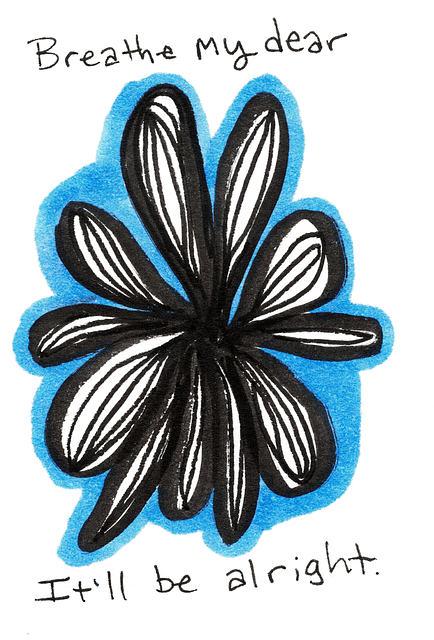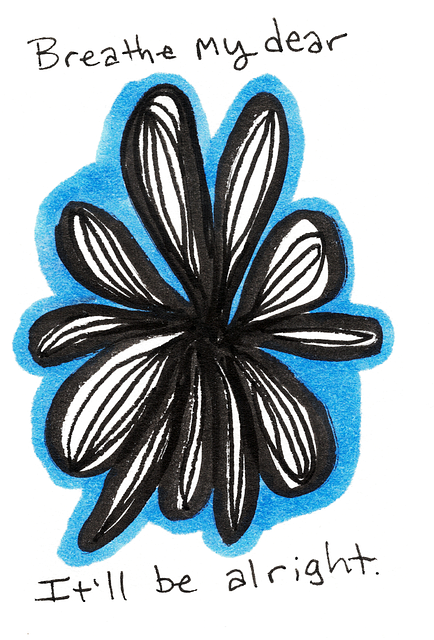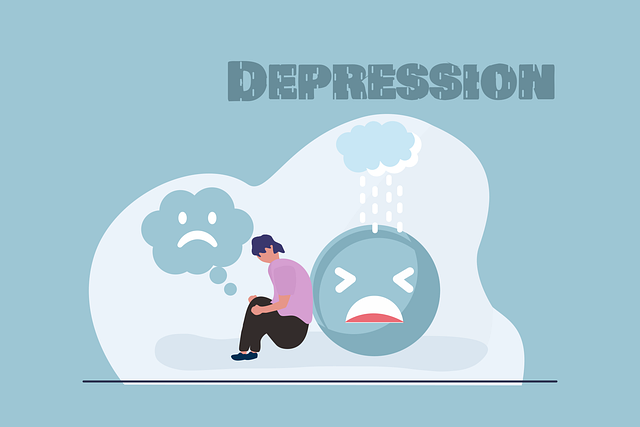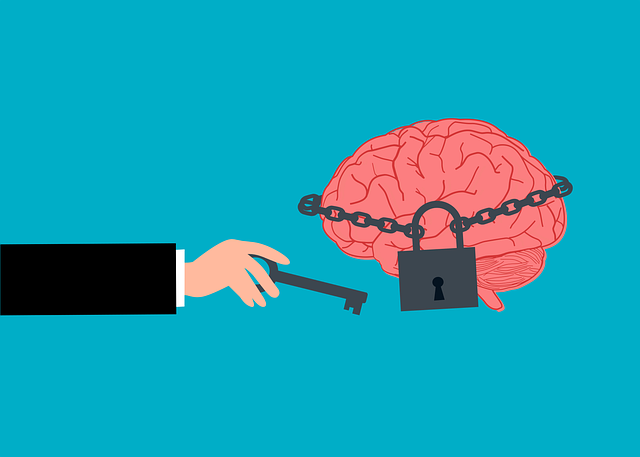Codependency, often stemming from childhood experiences, can lead to adult mental health challenges like depression and anxiety if untreated. Effective therapy focuses on identifying unhealthy patterns, fostering independence, and improving self-awareness. The Reciprocal Framework Model (RFM) offers a holistic approach by acknowledging the interconnectedness of relationships, functioning, and mental health, promoting emotional resilience, and reducing stigma. Building resilience through mindfulness meditation, self-awareness exercises, and present-moment focus empowers individuals to manage stress, regulate emotions, set boundaries, and prevent burnout. Integrating Relational, Family, and Mental (RFM) health with resilience training provides a comprehensive method to address all interconnected aspects of well-being, leading to lasting empowerment and personal growth.
“Uncover the power of resilience and self-discovery through RFM (Reciprocal Framework Model) in therapy. This comprehensive guide explores how adults grappling with codependency can build lasting strength and independence. We delve into the impact of codependency, introducing RFM as a transformative tool. By integrating specific resilience-building exercises tailored for codependents, individuals can navigate their relationships more healthily. Discover how this approach combines therapeutic techniques with practical activities to foster genuine change, offering hope and new perspectives for those seeking therapy for adults codependency.”
- Understanding Codependency and Its Impact on Adults
- Introduction to RFM (Reciprocal Framework Model) in Therapy
- Resilience Building Exercises for Adult Codependents
- Integrating RFM with Resilience Training for Lasting Change
Understanding Codependency and Its Impact on Adults

Codependency, a complex emotional state, often develops during childhood and can significantly impact an individual’s adult life. When left unaddressed, it can lead to various mental health challenges, including depression and anxiety. In therapy for adults codependent, individuals learn to recognize unhealthy patterns of behavior where their emotional well-being becomes heavily reliant on external validation and support from others. This reliance can hinder self-reliance and a sense of personal identity.
Understanding the impact of codependency is crucial in developing strategies for resilience building. Effective therapy focuses on mood management techniques, encouraging individuals to cultivate a healthy self-care routine. By prioritizing their mental health, adults can learn to set boundaries, foster independence, and ultimately, prevent depression. This process involves embracing self-awareness, improving communication skills, and adopting practices that nurture emotional well-being for better mental health overall.
Introduction to RFM (Reciprocal Framework Model) in Therapy

The Reciprocal Framework Model (RFM) is a transformative approach in therapy that offers a unique perspective on understanding and addressing codependency issues in adults. This model shifts the focus from traditional symptom-based treatments to a more holistic view of interconnections between individuals and their environments. By recognizing the complex interplay between relationships, functioning, and mental health, RFM provides a comprehensive framework for therapy sessions.
In the context of therapy for adults with codependency, RFM helps clients explore and challenge unhealthy relationship patterns, enhance self-awareness, and develop effective coping strategies. It encourages individuals to navigate their emotional landscapes, fostering resilience against mental illness stigma reduction efforts and trauma support services. This model’s emphasis on reciprocity promotes a deeper understanding of one’s role in relationships, ultimately leading to improved mental health awareness and well-being.
Resilience Building Exercises for Adult Codependents

Building resilience is a crucial aspect of therapy for adults codependent, helping them navigate and overcome emotional challenges. Through targeted exercises, individuals can learn to manage stress, regulate emotions, and foster healthy relationships. One effective tool in this process is mindfulness meditation, which encourages self-awareness and present-moment focus. By practicing mindfulness, codependents can develop a stronger sense of self, improve their ability to set boundaries, and enhance their overall well-being.
Self-awareness exercises are also integral to resilience building. These activities promote introspection, enabling individuals to identify triggers, understand underlying beliefs, and challenge unhealthy thought patterns. In the context of burnout prevention strategies for healthcare providers, who often experience high levels of stress and emotional strain, these exercises can be transformative. By cultivating self-awareness, codependents in this field can better manage their workload, prioritize self-care, and maintain professional boundaries, thereby reducing the risk of burnout.
Integrating RFM with Resilience Training for Lasting Change

Integrating RFM (Relational, Family, and Mental health) with resilience training offers a powerful approach to fostering lasting change in individuals struggling with codependency. By combining these therapeutic modalities, professionals can provide comprehensive support for adults seeking therapy. The RFM framework allows for a holistic understanding of an individual’s relationships, family dynamics, and mental health status, which are all interconnected aspects of their overall well-being. This integrated approach recognizes that addressing codependency requires more than just surface-level coping skills; it involves building inner strength and confidence to navigate challenging relationships.
Through targeted exercises, resilience training equips individuals with effective coping skills development, enabling them to respond adaptively to stress and adversity. By integrating this training with RFM practices, therapists can help clients cultivate a deeper sense of self-awareness, improve their communication patterns within relationships, and enhance their mental resilience. This combination not only addresses the symptoms of codependency but also fosters a lasting sense of empowerment, enabling individuals to break free from unhealthy relationship patterns and build a stronger foundation for personal growth.
For adults struggling with codependency, integrating resilience-building exercises with the Reciprocal Framework Model (RFM) in therapy offers a transformative path to lasting change. By understanding their patterns of interdependence and adopting strategies to enhance personal resilience, individuals can break free from codependent behaviors. This approach equips them with the tools to navigate relationships more healthily, fostering self-reliance and mutual respect. Through dedicated practice, adults can experience improved well-being and cultivate stronger, more balanced connections in their lives.










